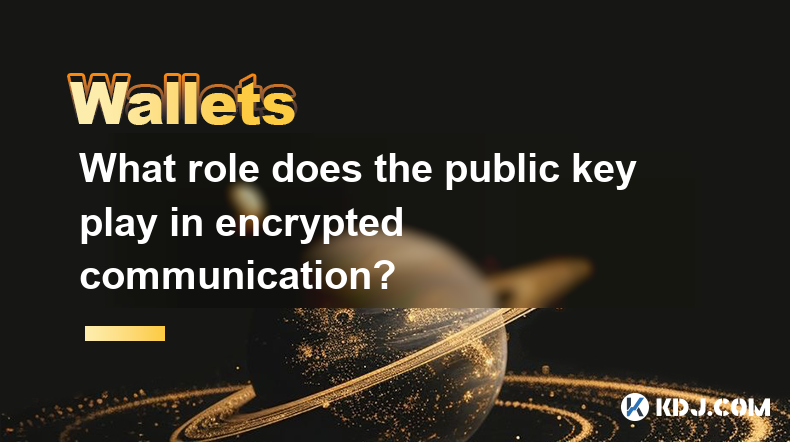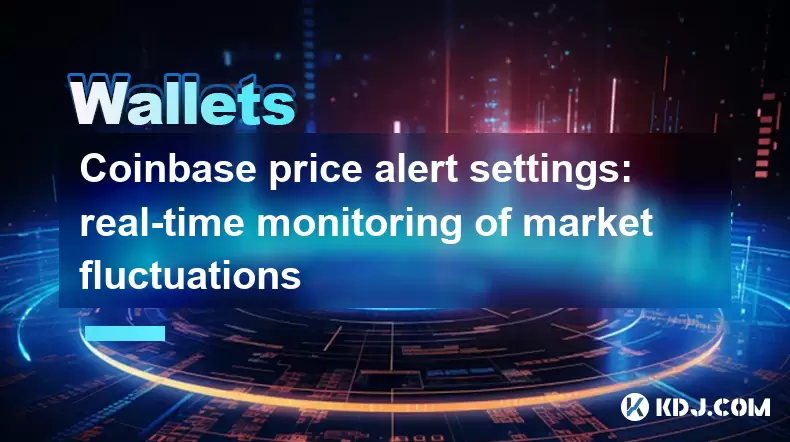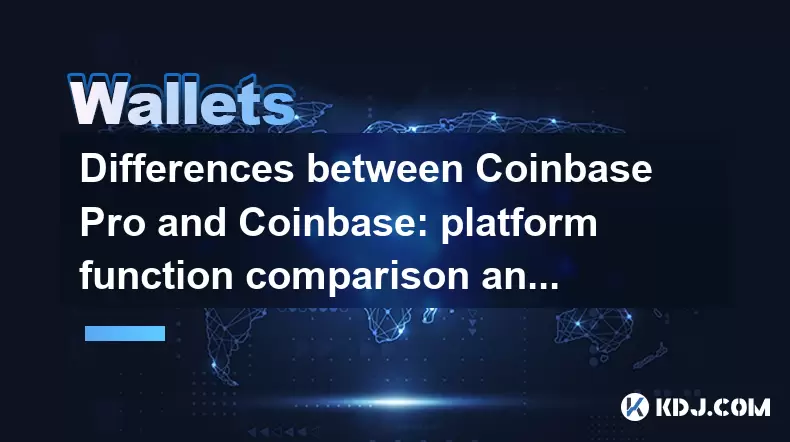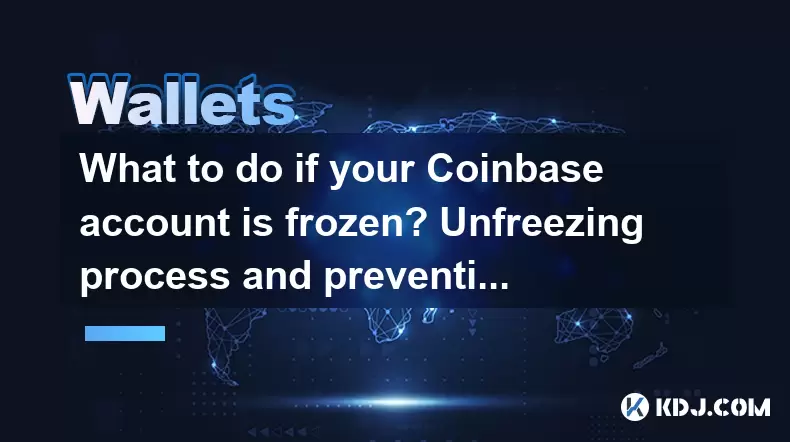-
 Bitcoin
Bitcoin $107,725.9156
0.27% -
 Ethereum
Ethereum $2,481.6786
1.84% -
 Tether USDt
Tether USDt $1.0003
0.01% -
 XRP
XRP $2.2154
1.26% -
 BNB
BNB $658.2447
1.42% -
 Solana
Solana $157.2028
4.24% -
 USDC
USDC $1.0000
0.02% -
 TRON
TRON $0.2788
0.91% -
 Dogecoin
Dogecoin $0.1655
1.00% -
 Cardano
Cardano $0.5714
2.67% -
 Hyperliquid
Hyperliquid $40.6187
6.30% -
 Bitcoin Cash
Bitcoin Cash $519.8117
5.84% -
 Sui
Sui $2.8338
0.59% -
 Chainlink
Chainlink $13.4150
0.60% -
 UNUS SED LEO
UNUS SED LEO $9.1205
-0.54% -
 Avalanche
Avalanche $18.0666
0.85% -
 Stellar
Stellar $0.2363
-0.46% -
 Toncoin
Toncoin $2.9550
2.57% -
 Shiba Inu
Shiba Inu $0.0...01151
-0.15% -
 Litecoin
Litecoin $86.2252
-0.57% -
 Hedera
Hedera $0.1498
1.51% -
 Monero
Monero $318.0620
3.18% -
 Polkadot
Polkadot $3.4174
-0.02% -
 Dai
Dai $1.0000
0.02% -
 Bitget Token
Bitget Token $4.5444
-1.05% -
 Ethena USDe
Ethena USDe $1.0003
0.00% -
 Uniswap
Uniswap $7.1773
-0.53% -
 Pepe
Pepe $0.0...09916
3.19% -
 Aave
Aave $274.7399
0.32% -
 Pi
Pi $0.5136
-2.06%
What role does the public key play in encrypted communication?
Public keys, freely distributable components of key pairs, encrypt messages, verify digital signatures, and secure blockchain transactions. Misuse compromises security.
Mar 13, 2025 at 09:10 pm

Key Points:
- Public keys are fundamental to asymmetric encryption, enabling secure communication without pre-shared secrets.
- They are freely distributable, forming one half of the key pair used in cryptographic algorithms.
- Public keys verify the authenticity and integrity of digital signatures.
- They are crucial for securing transactions on blockchains like Bitcoin and Ethereum.
- Misunderstanding or misuse of public keys can lead to significant security vulnerabilities.
What role does the public key play in encrypted communication?
In the realm of cryptocurrency and blockchain technology, secure communication is paramount. This security hinges heavily on the use of public key cryptography, a system built on the foundation of key pairs: a public key and a private key. The public key, as its name suggests, is publicly available and plays a crucial role in ensuring secure and verifiable communication. It acts as a digital address, allowing others to send encrypted messages only you can decrypt.
Unlike symmetric encryption, which relies on a single, shared secret key, public key cryptography employs two distinct keys. This asymmetry is what underpins its security. The private key, kept secret, is used for decryption and signing transactions, while the public key is used for encryption and verification.
The core function of a public key is encryption. When someone wants to send you a secure message, they use your public key to encrypt it. Only your corresponding private key can decrypt this message, ensuring confidentiality. This prevents unauthorized access, even if the message is intercepted.
Beyond encryption, public keys are also vital for digital signatures. Digital signatures provide authentication and integrity verification. When you sign a transaction, you use your private key to create a signature. This signature is then verified using your public key, confirming the authenticity of the transaction and preventing forgery or tampering. This is essential for the trustless nature of blockchain transactions.
Consider the example of a Bitcoin transaction. When you send Bitcoin, your private key signs the transaction. The network then uses your public key to verify the signature, confirming that you authorized the transfer. Without the public key, the network couldn't verify the legitimacy of the transaction, compromising the entire system's security.
Public keys are often represented as long strings of alphanumeric characters. These strings are generated through complex mathematical algorithms and are unique to each user. The length and complexity of these keys are critical to their security. A longer, more complex key is significantly more resistant to brute-force attacks.
The security of a cryptocurrency system heavily relies on the secure management of private keys. Loss or compromise of a private key results in the loss of access to the associated cryptocurrency and renders the public key useless for verification. Therefore, securing private keys is crucial. Various methods, like hardware wallets and secure storage practices, are employed to protect these sensitive pieces of information.
Public key infrastructure (PKI) plays a vital role in managing and distributing public keys securely. PKI systems use certificates to bind public keys to identities, ensuring trust and authenticity. These certificates are issued by trusted authorities and are essential for verifying the legitimacy of public keys used in various cryptographic operations.
The widespread adoption of public key cryptography in the cryptocurrency space is a testament to its effectiveness in securing digital assets and transactions. Understanding the role of public keys is crucial for anyone involved in the cryptocurrency ecosystem, whether as a user, developer, or investor. The security of your digital assets depends on it.
Frequently Asked Questions:
Q: Can I create my own public key?
A: No, you cannot directly create a public key. Public keys are mathematically derived from their corresponding private keys. Cryptographic algorithms generate the key pair. You only directly control and manage your private key.
Q: What happens if my public key is compromised?
A: Compromising your public key itself does not directly grant access to your funds or information. However, it could potentially be used in phishing or social engineering attacks to deceive others into sending funds or information to a malicious address. The real threat lies in the compromise of your private key.
Q: Are public keys ever changed?
A: Public keys are generally not changed. Changing a public key would effectively create a new identity, requiring all parties who interact with the old key to update their records. This is impractical and highly inconvenient.
Q: How are public keys stored and managed?
A: Public keys are typically stored openly, as their purpose is to be publicly available. However, the methods of storage vary. They may be stored in plain text, encoded in QR codes, or embedded within digital wallets and blockchain addresses. The secure management of the private key is what matters most.
Q: What is the difference between a public key and a public address?
A: While closely related, they are not identical. A public key is a cryptographic element used for encryption and verification. A public address is a human-readable representation derived from the public key, used for receiving cryptocurrency transactions. The public address is a shortened and encoded version of the public key, making it easier to use and share.
Q: What cryptographic algorithms use public keys?
A: Several cryptographic algorithms utilize public keys, including RSA (Rivest–Shamir–Adleman), ECC (Elliptic Curve Cryptography), and DSA (Digital Signature Algorithm). These algorithms form the backbone of secure communication and transactions within the cryptocurrency space. The choice of algorithm impacts the security and efficiency of the system.
Disclaimer:info@kdj.com
The information provided is not trading advice. kdj.com does not assume any responsibility for any investments made based on the information provided in this article. Cryptocurrencies are highly volatile and it is highly recommended that you invest with caution after thorough research!
If you believe that the content used on this website infringes your copyright, please contact us immediately (info@kdj.com) and we will delete it promptly.
- Coinbase, Altcoins, and Listings: What's the Buzz?
- 2025-07-01 00:30:11
- Chainlink's Bullish Signals: Investors Bet on Long-Term Value
- 2025-07-01 00:50:12
- CICADA Finance Soars on BNB Chain: A TGE Deep Dive
- 2025-07-01 01:30:11
- MicroStrategy's Bitcoin Bet: Holdings, Sell-Off Concerns, and S&P 500 Dreams
- 2025-07-01 01:30:11
- XRPL EVM Sidechain: Ethereum dApps Unleashed on XRP Ledger!
- 2025-07-01 01:35:11
- Bybit, Kraken, and Tokenized Stocks: A New Era for Trading?
- 2025-07-01 00:30:11
Related knowledge

Coinbase price alert settings: real-time monitoring of market fluctuations
Jun 29,2025 at 07:00am
Setting Up Coinbase Price AlertsTo begin real-time monitoring of market fluctuations on Coinbase, users can utilize the built-in price alert feature. This function allows you to receive notifications when a cryptocurrency reaches a specific price point. To access this setting, open the Coinbase app or log in via the web platform. Navigate to the 'Prices...

How to stake cryptocurrencies on Coinbase? Benefits and risks
Jun 27,2025 at 06:36pm
Understanding Cryptocurrency Staking on CoinbaseStaking cryptocurrencies involves locking up digital assets to support the operations of a blockchain network, typically in return for rewards. Coinbase, one of the most popular cryptocurrency exchanges globally, offers staking services for several proof-of-stake (PoS) coins. Users can stake their holdings...

Differences between Coinbase Pro and Coinbase: platform function comparison and analysis
Jun 29,2025 at 08:21am
Overview of Coinbase and Coinbase ProWhen exploring the cryptocurrency trading landscape, users often encounter two platforms under the same parent company: Coinbase and Coinbase Pro. While both are operated by the same organization, they cater to different types of users and offer varying features. Coinbase is primarily designed for beginners and casua...

What to do if your Coinbase account is frozen? Unfreezing process and preventive measures
Jun 30,2025 at 03:49am
Understanding Why Your Coinbase Account Might Be FrozenIf your Coinbase account is frozen, it typically indicates that the platform has detected suspicious activity or potential violations of its terms of service. This could be due to a variety of reasons such as unusual login attempts, high-risk transactions, or incomplete verification steps. Coinbase ...

How to contact Coinbase customer service? Support channels and response times
Jun 28,2025 at 01:29pm
Contacting Coinbase Customer Service: Support Channels and Response TimesIf you're a user of Coinbase, reaching their customer service team may become necessary for various reasons, such as account verification issues, transaction disputes, or technical difficulties. Understanding the different support channels available and what to expect in terms of r...

Coinbase advanced trading function usage tutorial: limit orders and market orders
Jun 28,2025 at 09:07pm
Understanding the Difference Between Limit Orders and Market OrdersWhen using Coinbase's advanced trading features, it is crucial to understand the fundamental difference between limit orders and market orders. A market order executes immediately at the best available price on the market. This type of order ensures that your trade goes through quickly, ...

Coinbase price alert settings: real-time monitoring of market fluctuations
Jun 29,2025 at 07:00am
Setting Up Coinbase Price AlertsTo begin real-time monitoring of market fluctuations on Coinbase, users can utilize the built-in price alert feature. This function allows you to receive notifications when a cryptocurrency reaches a specific price point. To access this setting, open the Coinbase app or log in via the web platform. Navigate to the 'Prices...

How to stake cryptocurrencies on Coinbase? Benefits and risks
Jun 27,2025 at 06:36pm
Understanding Cryptocurrency Staking on CoinbaseStaking cryptocurrencies involves locking up digital assets to support the operations of a blockchain network, typically in return for rewards. Coinbase, one of the most popular cryptocurrency exchanges globally, offers staking services for several proof-of-stake (PoS) coins. Users can stake their holdings...

Differences between Coinbase Pro and Coinbase: platform function comparison and analysis
Jun 29,2025 at 08:21am
Overview of Coinbase and Coinbase ProWhen exploring the cryptocurrency trading landscape, users often encounter two platforms under the same parent company: Coinbase and Coinbase Pro. While both are operated by the same organization, they cater to different types of users and offer varying features. Coinbase is primarily designed for beginners and casua...

What to do if your Coinbase account is frozen? Unfreezing process and preventive measures
Jun 30,2025 at 03:49am
Understanding Why Your Coinbase Account Might Be FrozenIf your Coinbase account is frozen, it typically indicates that the platform has detected suspicious activity or potential violations of its terms of service. This could be due to a variety of reasons such as unusual login attempts, high-risk transactions, or incomplete verification steps. Coinbase ...

How to contact Coinbase customer service? Support channels and response times
Jun 28,2025 at 01:29pm
Contacting Coinbase Customer Service: Support Channels and Response TimesIf you're a user of Coinbase, reaching their customer service team may become necessary for various reasons, such as account verification issues, transaction disputes, or technical difficulties. Understanding the different support channels available and what to expect in terms of r...

Coinbase advanced trading function usage tutorial: limit orders and market orders
Jun 28,2025 at 09:07pm
Understanding the Difference Between Limit Orders and Market OrdersWhen using Coinbase's advanced trading features, it is crucial to understand the fundamental difference between limit orders and market orders. A market order executes immediately at the best available price on the market. This type of order ensures that your trade goes through quickly, ...
See all articles

























































































